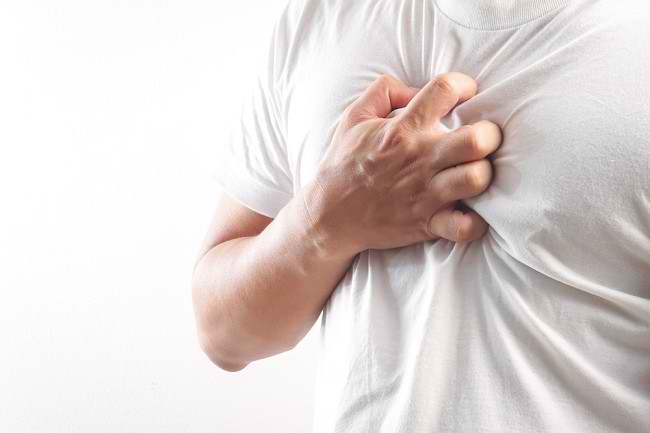The Role and Impact of Carbon Dioxide on the Human Body
Carbon dioxide (CO2) is a waste gas that is produced as a result of cell metabolism in the body. This gas is bound to red blood cells and flowed into the lungs, then removed through exhalation.
Even though it is a waste gas, the presence of carbon dioxide is still important for the body. This gas acts to regulate the acidity (pH) of the blood and supports the breathing process. If the body lacks or excess amounts of carbon dioxide, acidic balance and carbon dioxide poisoning can occur.

Apart from being produced from cell metabolism in the body, this gas is also found in factory fumes, vehicle fumes, smoke from combustion or waste, and volcano smoke.
How to Know the Carbon Dioxide Levels in the Body
In the human body, carbon dioxide is present in two forms, namely gas (PCO2) and bicarbonate compound (HCO3). This bicarbonate compound is a chemical form of carbon dioxide bound in the blood.
Almost all carbon dioxide in the body is in the blood, so a common way to find out the level of this substance is a blood test called gas analysis blood.
Normal carbon dioxide levels in the body are 23-29 mmol per liter of blood. Test results outside this range indicate a disturbance in the blood-acid balance, both acidosis and alkalosis. These conditions need to be examined further and handled by a doctor.
Impact of Carbon Dioxide Deficiency
People who lack carbon dioxide in their body can experience some symptoms, such as shortness of breath, dizziness, chest palpitations, fatigue, nausea, vomiting, pale and bluish skin, seizures, to coma.
Lack of carbon dioxide can be caused by respiratory disorders, where the CO2 removal process exceeds the amount of CO2 produced by body cells. This condition can cause an acid-base balance disorder called alkalosis.
Too low carbon dioxide levels can also be a sign of other health problems, such as kidney disease, diabetes ketoacidosis, Addison's disease, and aspirin drug poisoning.
Impact of Strength Carbon Dioxide
Too high levels of carbon dioxide in the body can cause carbon dioxide poisoning. Too high carbon dioxide can cause serious health problems, namely acidosis. This condition can cause oxygen in the blood to be difficult to be released into the body's cells, so the body lacks oxygen.
This carbon dioxide poisoning can be caused by various things, such as:
- Failure breath due to disturbances in the lungs, such as asthma, chronic obstructive pulmonary disease, and pneumonia.
- Severe injury.
- Use of a ventilator breathing apparatus.
- Brain damage that causes disturbed breathing, for example in muscular dystrophy, ALS, encephalitis, and myasthenia gravis .
- Drug side effects, such as benzodiazepine drugs i> and opioids.
- Severe cold or hypothermia.
- Diving habits, such as scuba diving.
Poisoning carbon dioxide can cause a person to experience nausea, vomiting, dizziness, headaches, and an increased heart rate. Even in severe cases, seizures, coma, and death can occur.
Both carbon dioxide deficiency and excess, both have the potential to cause serious health problems. Therefore, immediately consult a doctor if you feel the symptoms above.
The doctor will do a physical examination and blood tests to assess the gas levels of carbon dioxide and electrolytes. Chest X-ray examination will also be performed if the doctor suspects a lung disorder that causes abnormal levels of carbon dioxide in the body.
After the cause is known, the doctor will provide treatment to improve carbon dioxide levels and restore acidic blood levels. to return to normal.
Label : Health
Comments
Post a Comment